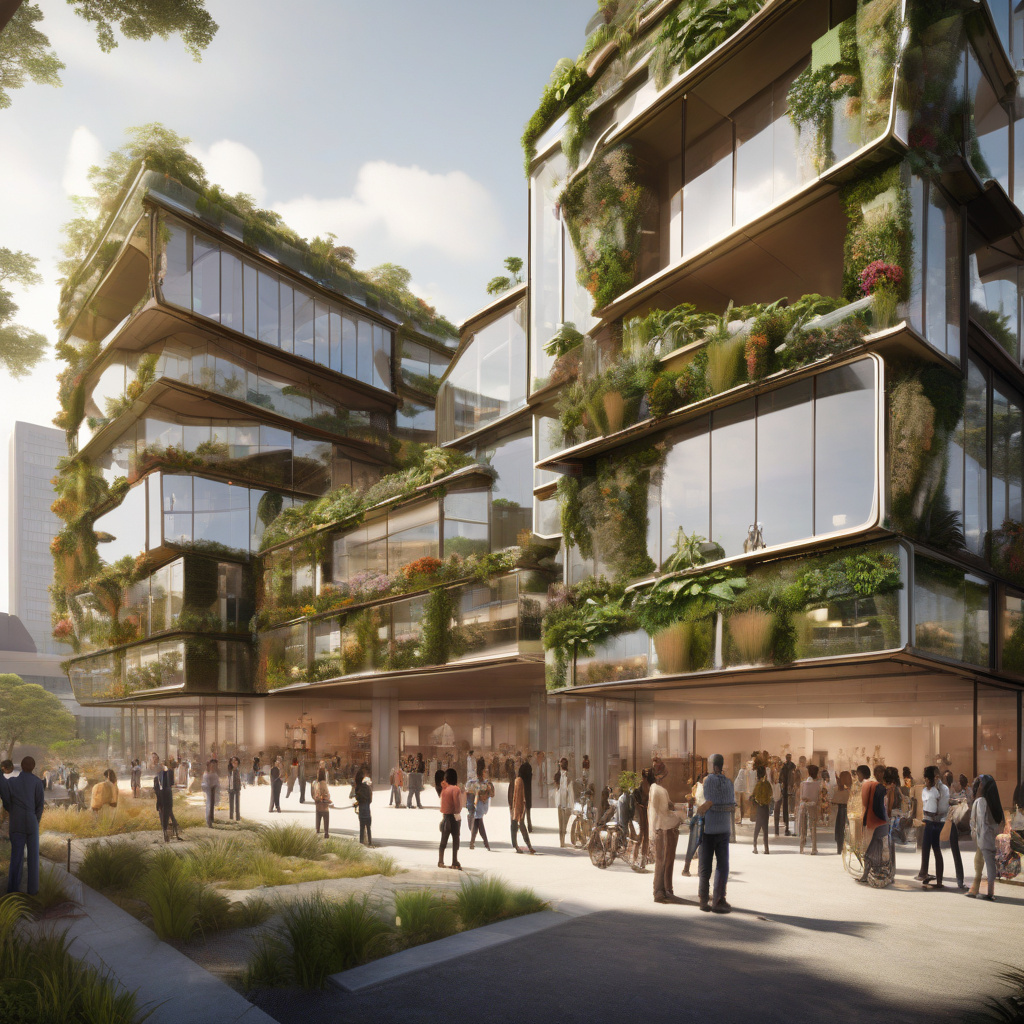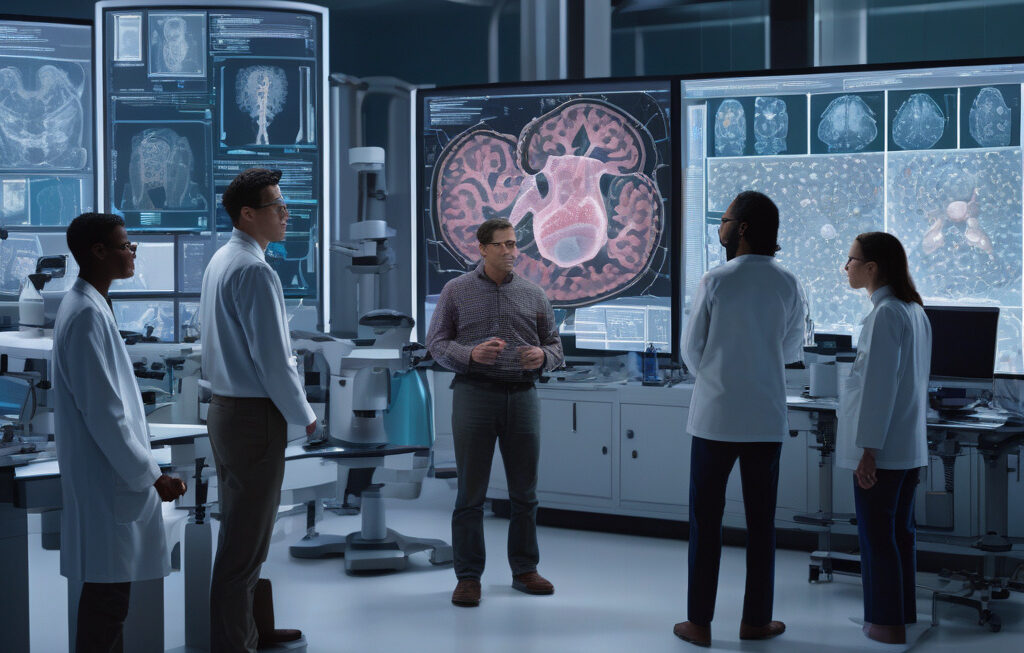Study Reveals How Modular AI Framework Future-Proofs Buildings
In a world where health crises and climate challenges are becoming increasingly prevalent, the need to future-proof our buildings has never been more urgent. With the rapid advancement of technology, particularly in the realm of Artificial Intelligence (AI), researchers and engineers are exploring innovative ways to enhance the resilience of our built environment. A recent study has shed light on how a modular AI framework could play a pivotal role in ensuring that buildings are equipped to withstand future uncertainties.
The concept of future-proofing buildings involves designing structures that can adapt and thrive in the face of evolving challenges, be it a global pandemic, extreme weather events, or other unforeseen circumstances. Traditional buildings, with their static designs and rigid systems, often struggle to cope with the dynamic nature of contemporary threats. This is where AI comes into play, offering a versatile and intelligent solution to bolster the resilience of our built environment.
The modular AI framework, as outlined in the study, represents a groundbreaking approach to future-proofing buildings. By leveraging AI algorithms and sensor technologies, this framework enables buildings to continuously monitor, analyze, and respond to changing conditions in real-time. For instance, in the context of a health crisis such as the COVID-19 pandemic, AI-powered sensors can track occupancy levels, air quality, and surface contamination, providing valuable insights to building operators and occupants.
Moreover, the adaptability of the modular AI framework allows for seamless integration with existing building systems, making it a cost-effective and scalable solution for various building types. Whether retrofitting an older structure or designing a new sustainable building, the flexibility of AI technology ensures that future-proofing efforts are both efficient and effective.
One of the key advantages of employing AI in future-proofing buildings is its ability to optimize resource use and energy efficiency. By analyzing data on building performance and occupant behavior, AI algorithms can identify opportunities for energy savings, predictive maintenance, and overall operational improvements. This not only reduces the environmental impact of buildings but also enhances the comfort and well-being of occupants.
Furthermore, the modular nature of the AI framework allows for customization and specialization based on the unique needs of each building. Whether prioritizing indoor air quality, disaster resilience, or energy management, building owners and operators can tailor the AI system to align with their specific goals and objectives. This level of adaptability ensures that future-proofing strategies are tailored to maximize the benefits for both the building and its occupants.
As the study highlights, the integration of AI in future-proofing buildings represents a paradigm shift in how we design, construct, and manage our built environment. By harnessing the power of AI technology, buildings can become dynamic, responsive entities that adapt to the ever-changing demands of the modern world. From enhancing occupant safety and comfort to mitigating climate risks, the potential applications of AI in future-proofing buildings are vast and transformative.
In conclusion, the study exploring the role of a modular AI framework in future-proofing buildings offers valuable insights into the innovative solutions that technology can provide. By embracing AI and its capabilities, we have the opportunity to create buildings that not only withstand the challenges of today but also thrive in the uncertainties of tomorrow. As we continue to advance towards a more sustainable and resilient future, AI stands at the forefront of shaping the buildings of the future.
future-proofing, AI framework, buildings, resilience, modular AI, #innovations, #sustainability, #AItechnology, #buildingdesign, #futurechallenges












